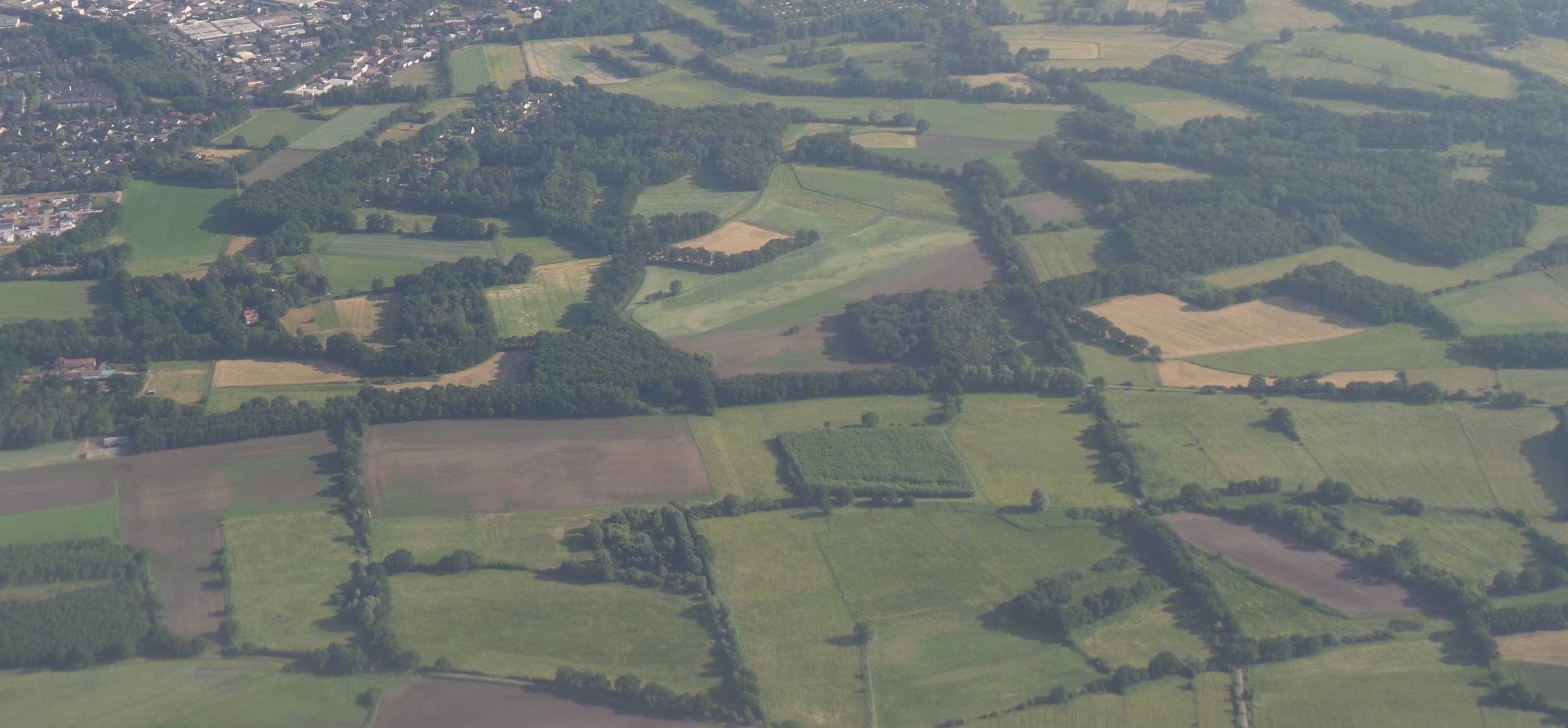PROJECT OBJECTIVES
The ambition and overarching objective is to strengthen the sustainability of European farming systems, through co-constructing improved and practice-validated strategies and incentives for the promotion of improved agro-ecological approaches. UNISECO addresses the work programme topic SFS-29-2017 and contributes to Sustainable Food Security by identifying and supporting farming systems that enable the production of healthy food while preserving the environment and bringing added value to farm households and the different stakeholders of the value chain.
UNISECO will
- enhance the understanding of socio-economic and policy drivers and barriers for further development and implementation of agro-ecological approaches in EU farming systems to identify and facilitate more effective management strategies for European agriculture. This requires a wider systems perspective, considering socio-economic, ecological and political settings at a territorial level.
- operationalise a socio-ecological systems framework that integrates external settings into a sustainability assessment of farming systems, paying particular attention to the role of different types of actors and their roles in sub-systems.
- provide a methodological toolkit to assess the environmental, economic and social impacts of innovative strategies and incentives for agro-ecological approaches in EU farming systems at farm and territorial levels. The methodological toolkit will be tested in participatory case studies in 15 European countries with different biophysical, socioeconomic and socio-cultural contexts of farming systems.
UNISECO is committed to a genuine transdisciplinary process, reflected in consortium composition of stakeholder and scientific partners, and the emphasis on multiactor engagement. Group learning processes, integrating practical and theoretical knowledge, will benefit scientists, stakeholders and end-users through improved understanding on how to strengthen sustainability of EU farming systems.
The working definition of agroecology for UNISECO
To design an adapted SES framework, we retain that agroecology is defined as a practice, a social movement as well as an action science based on holistic and transdisciplinary research approach. In the assessment of farming systems in UNISECO, we refer to agroecology as a set of agricultural practices more or less strongly based on ecological inputs and processes organized in a holistic way. In such farming systems farmers use their knowledge and decision priorities for sustainable use of local renewable resources and biodiversity to provide multiple benefits (environmental, economic, social) from local to global. This refers to different interacting scales, not only the level of agricultural practices but also farming system, local community and food system levels.
With reference to transition pathway we distinguish two forms of agro-ecological farming systems (Duru, 2015 adapted from Horlings and Marsden, 2011):
- “weak” agroecology (“efficiency/substitution-based agroecology”) based on increasing resource use efficiency (e.g. fertilizer, water) and substitution of inputs (chemical with organic inputs);
- “strong” agroecology (or “biodiversity based agroecology”) aiming to enhance ecosystem services and generally requiring a redesign of the farming system.
Examples of agro-ecological practices: split fertilization, organic fertilization, drip irrigation, natural pesticides and biological pest control, integration of semi-natural landscape elements in the field, extensive use of permanent meadows, farm and landscape levels.
INTENDED IMPACTS
- improved methodological capacity to assess the sustainability of agro-ecological approaches
- enhanced integrated capacity and knowledge sharing to develop viable long term strategies for traditional and small-scale AEFS
- co-constructed novel and effective market mechanisms and policy instruments for delivering public goods through economically viable AEFS
- improved knowledge base of agro-ecological farming in the EU for use by policy-makers with at EU, national and regional levels, advisors, farmers, value chain actors and consumers
- inform the reform process of the CAP after 2020, revisions to environmental policies and policy efforts to support rural job creation
Funding: Horizon 2020, European Union
Call: - Sustainable Food Security – Resilient and resource-efficient value chains
Topic: SFS-29-2017: Socio-eco-economics – socio-economics in ecological approaches
Grant agreement ID: 773901
Coordinator: Dr. Gerald Schwarz, Thünen-Institute of Farm Economics, Germany
Project duration: 1 May 2018 - 30 April 2021
